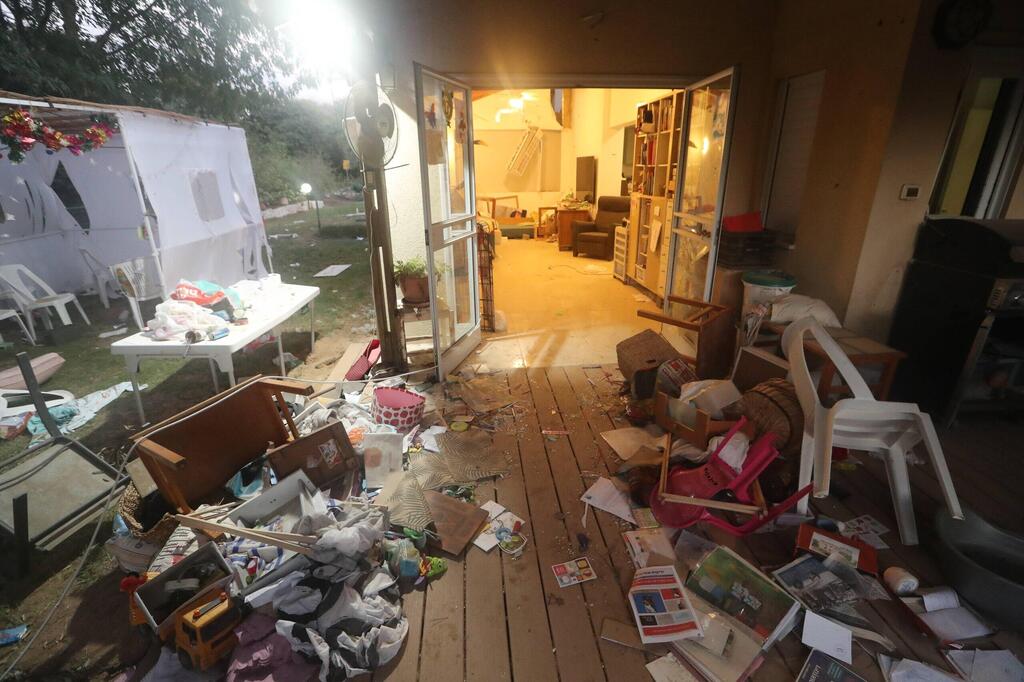A challenging truth unfolds, as Israel has shifted its approach in the struggle to shape global public opinion, implementing a strategy to secure international legitimacy that would afford the nation valuable time to wage war. Israel has chosen to share the horrific details of the massacre of Israeli border towns directly on its official social media platforms, rather than solely through foreign media outlets as it has done previously.
Read more:
This marks the first time Israel has disseminated such graphic images of the victims uncensored on such a vast scale.
"The past is not a mirror to the future. The circumstances dictated a modification in our mode of information dissemination," stated David Saranga, the head of the ministry's Digital Division.
The Foreign Ministry chose to share a range of disturbing content with the world. This included visuals of scorched bodies ignited by terrorists, images of Hamas operatives transporting women's bodies in vans while sitting on top of them, and photographs depicting numerous bodies scattered on the ground post an inferno at a nature party. Other visuals showed Hamas terrorists shooting dogs and setting fire to homes in communities surrounding Gaza, amongst other distressing scenes.
The Foreign Ministry has opted to release a series of disturbing images to the global community, including visuals of bodies burned by terrorists, Hamas operatives parading the bodies of dead women and numerous bodies strewn on the ground following the massacre at the music festival near Kibbutz Rei'm. Other images showed Hamas terrorists shooting dogs and torching homes in Gaza border town, among other harrowing scenes.
The graphic images and stories of war victims have resonated broadly, sparking 1,450 posts and tweets within the initial five days of the conflict. These messages have reached a combined audience of half a billion users across various platforms, a level of exposure equivalent to what the Foreign Ministry usually receives across all its accounts in six months.
Over 120 posts on the ministry's various social media accounts have garnered over a million views, with these numbers steadily rising. Since the start of the war, the ministry's Digital Division has been working tirelessly to disseminate content in five languages, including Arabic.
Numerous videos, produced by the ministry in various languages, are being translated in real-time by Israeli representations around the world into local languages and shared with their followers and influencers who share it further.
The ministry is also collaborating with the Israeli offices of major tech companies with the aim of removing offensive content uploaded globally by supporters of Hamas. However, Saranga has acknowledged cooperation from some of these companies has been limited.
Saranga and Emanuel Nachshon, who head the Public Diplomacy Unit at the ministry, are both veterans of the early 2000s al-Aqsa Intifada, having served as spokespeople during that period. Despite being witness to the terrifying scenes of bus exploding during the Intifada, they seldom shared these harrowing images with the world.
The Israeli decision to allow foreign reporters unprecedented access to the conflict zones around Gaza, especially at such an early stage of the war, is proving to be effective, as evidenced by coverage on global media. These foreign correspondents are sharing the horrors of the situation with the world, often becoming visibly emotional at the sight of the devastation.
The Ministry of Information tends to favor the release of guerrilla videos that aren't officially approved by the government, believing that these videos have a larger impact and reach a wider audience.



